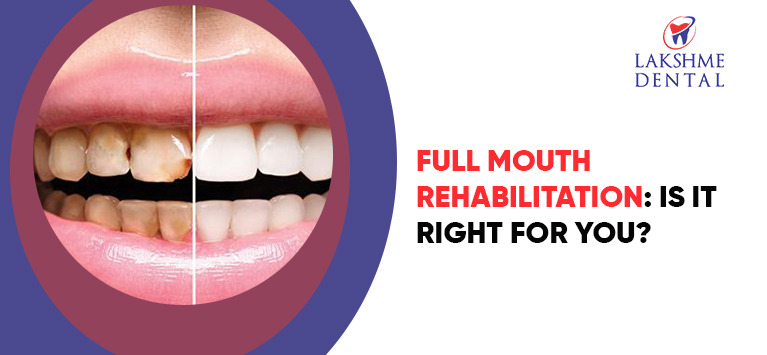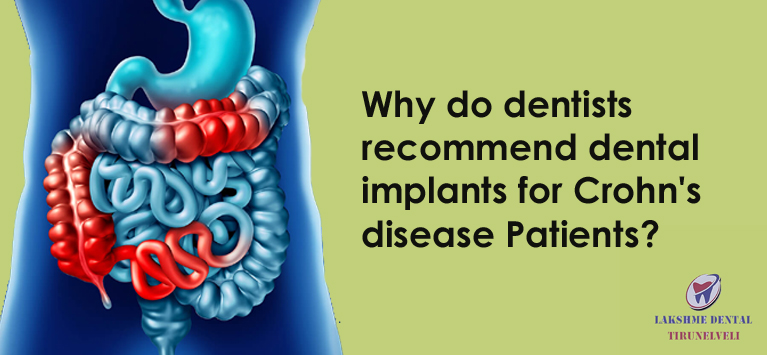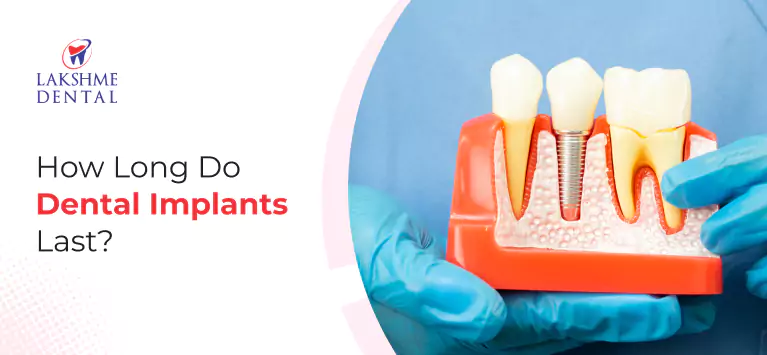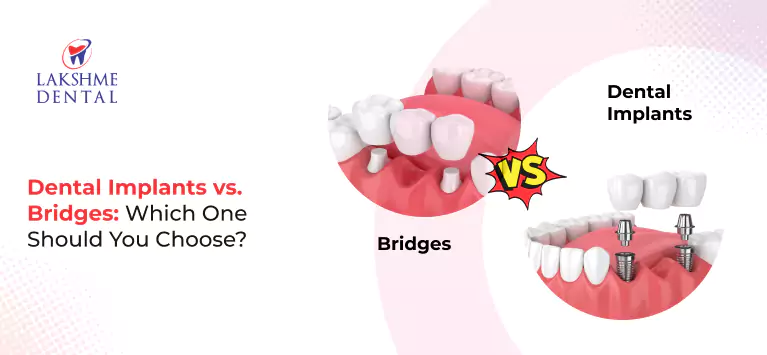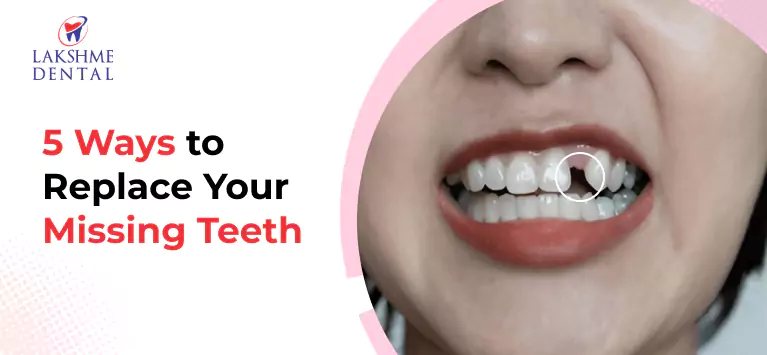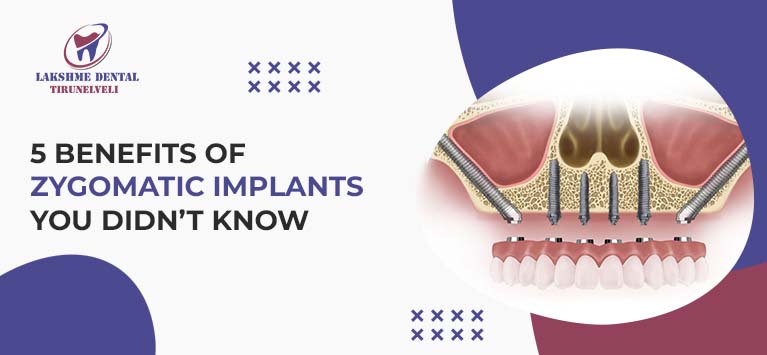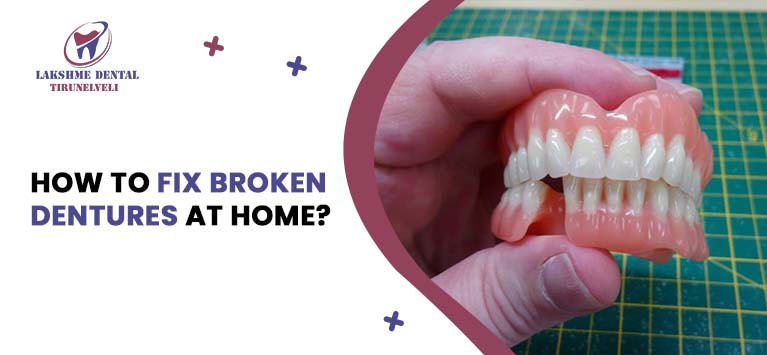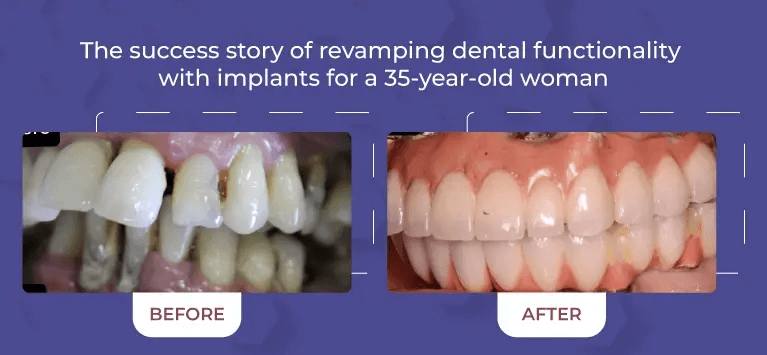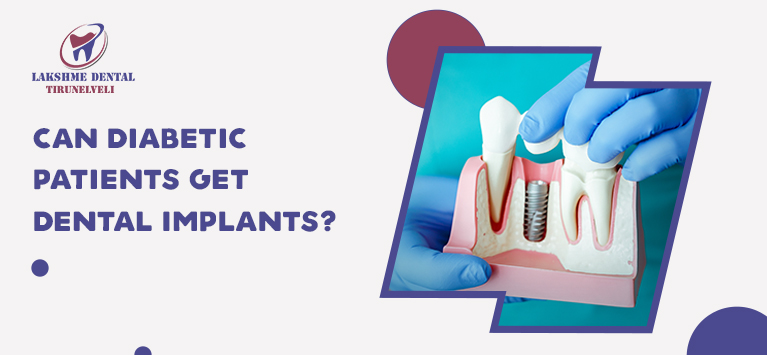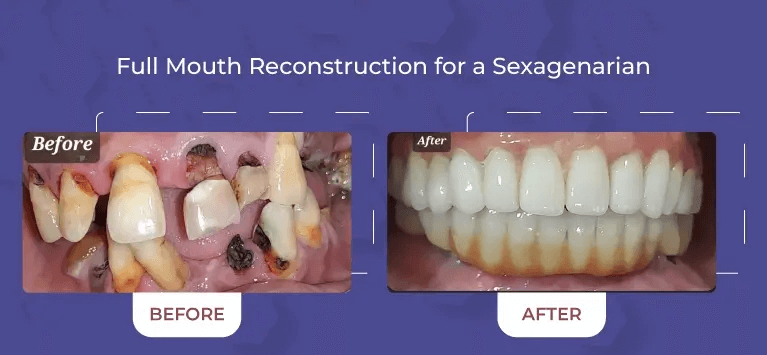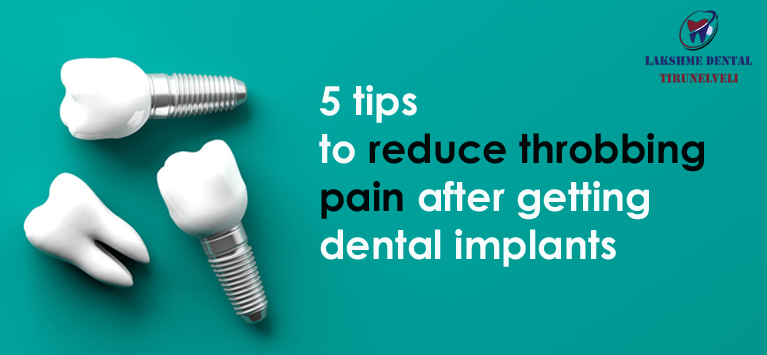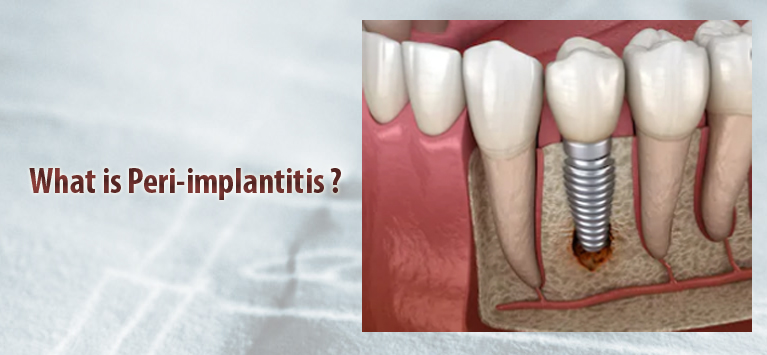
What is Peri Implantitis?
Peri-implantitis is an infection that affects the bone and gums around a dental implant. Chronic inflammation can lead to bone loss, causing the implant to loosen and eventually fall out. Implants carry a higher risk of infection compared to natural teeth, as harmful bacteria can accumulate beneath the gums. If the gums loosen around the implant, bacteria may spread and trigger further bone loss.
Causes of Peri Implantitis
When you have natural teeth, the gums attach tightly around them and act like a protective seal. This tight seal makes it harder for bacteria to get inside.
With dental implants, the situation is different. The implant doesn’t connect to the gums in the same way as natural teeth. Instead, the gum tissue around an implant is slightly looser. Because of this, harmful bacteria can slip in more easily and get trapped under the gumline.
When bacteria builds up around an implant, they can cause swelling and infection in the gums. Over time, this infection may spread deeper, damaging the bone that holds the implant in place. If too much bone is lost, the implant can loosen and eventually fail.
This condition is called peri-implantitis. It’s actually quite common and research shows that more than 40% of people with dental implants may experience it at some point.
In simple terms: Unlike natural teeth, implants don’t have the same natural protection from the gums, so they’re more prone to infection. If bacteria collect around them, it can lead to gum disease, bone loss, and possibly implant failure.
Risk Factors for Peri-Implantitis
Diabetes – uncontrolled blood sugar increases the risk of infection.
Cigarette smoking – slows healing and weakens gum health.
Genetics – some people are more prone to gum disease and implant issues.
History of periodontitis – past gum disease raises the chance of implant complications.
Signs of peri-implantitis
Visit your dentist quickly if you found any of the following signs after getting a dental implant.
- Red or swollen gums around the implant
- Bleeding when brushing or flossing near the implant
- Tenderness or pain in the gum area
- Bad breath or bad taste that doesn’t go away
- Pus or discharge around the implant
- Gum recession (gums pulling back, exposing more of the implant)
- Loose implant or feeling like it’s moving
- Bone loss visible in dental X-rays
Peri-implantitis has many causes. Bacteria play a big part, but they are not the only or main reason the disease develops.
Risks of Peri- Implantitis
If peri-implantitis is not diagnosed in time, it can cause serious problems. One major risk is bone loss, which may eventually lead to the implant falling out. That’s why quick and proper treatment is very important.
Treatment and Prevention of Peri-Implantitis
Managing peri-implantitis involves controlling harmful bacteria around the implant, promoting faster wound healing, and reducing gum inflammation.
To lower the risk or treat the condition:
- Brush twice daily using the correct technique.
- Rinse with a fluoride, alcohol-free mouthwash.
- Maintain regular dental check-ups for early detection.
In cases where implants are affected and need removal, new implants can often be placed once the bone has healed.
Don’t wait for symptoms to worsen, call us today to get effective treatment for peri-implantitis.


